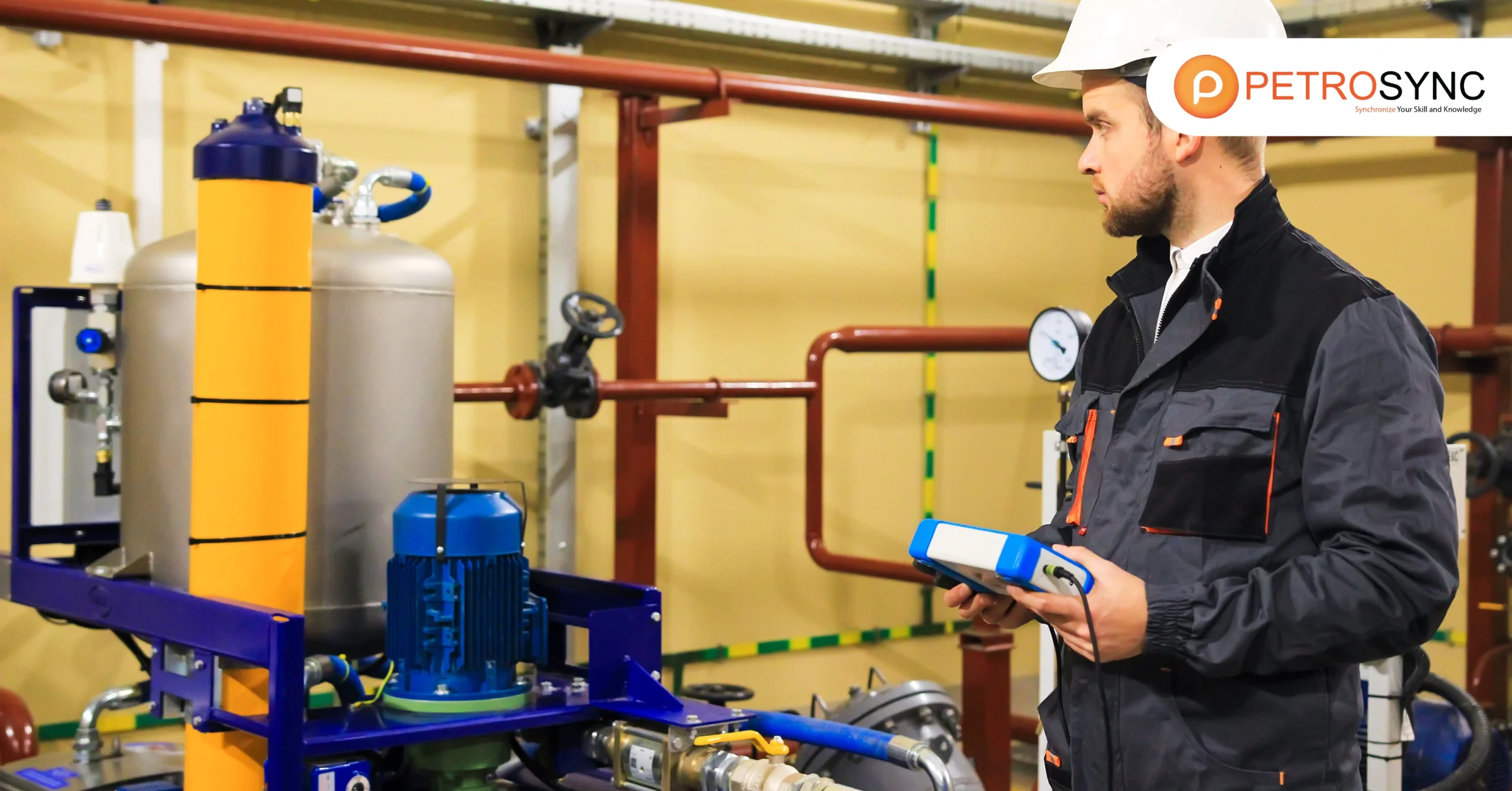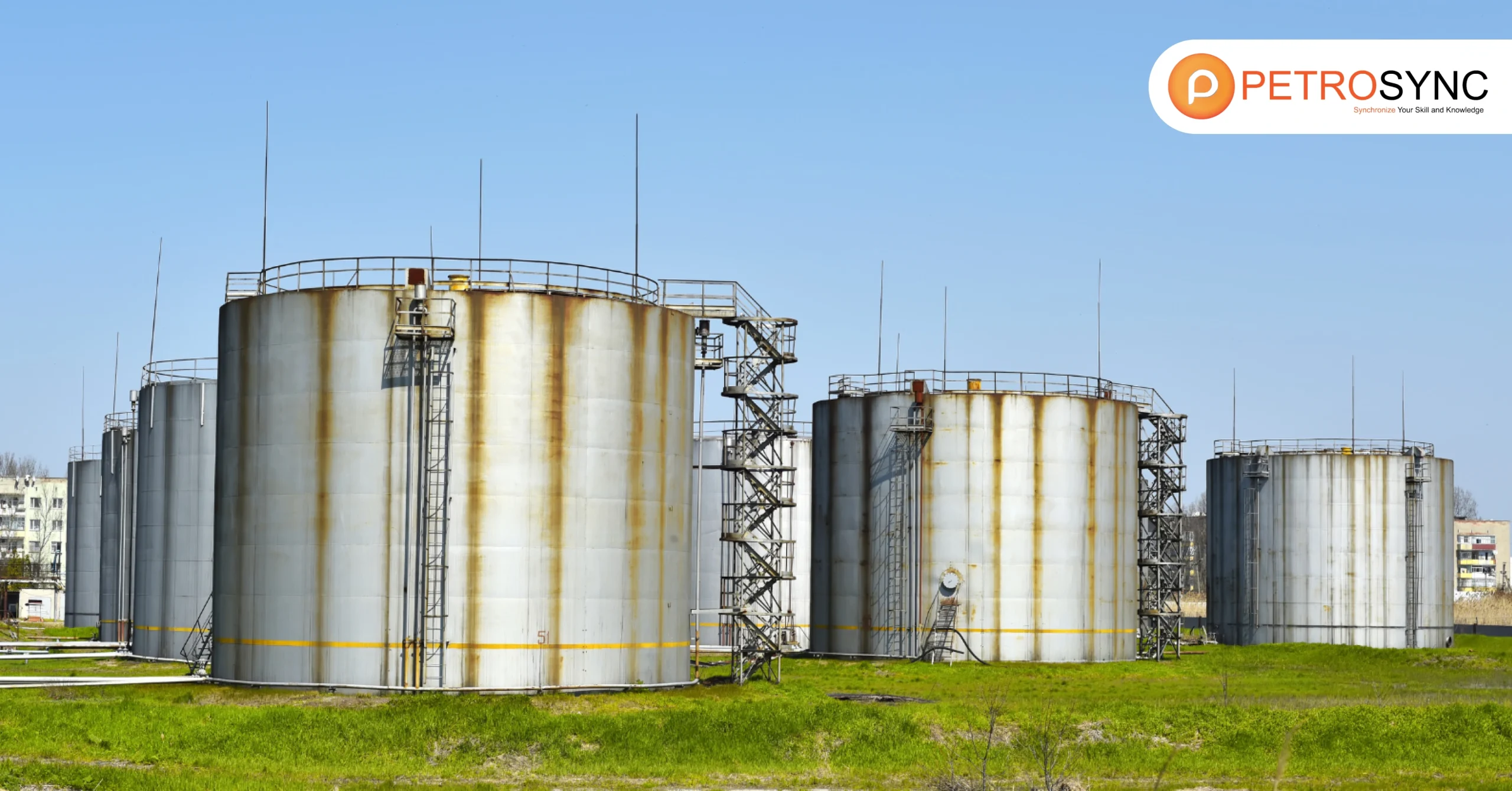Welcome to our comprehensive guide on the API 936 Effectivity Sheet. In this article, we will unravel everything about the API 936 Effectivity Sheet, providing you with valuable insider tips and tricks. Whether you’re preparing for API 936 certification or simply seeking to understand the significance of this standard, we have got you covered.
What Is API 936 Standard?
API 936, which stands for “Refractory Installation Quality Control – Inspection and Testing of Monolithic Refractory Linings and Materials,” is a set of rules created by the American Petroleum Institute (API). These rules guide maintaining the quality of monolithic refractory linings during installation and can be added to the specifications provided by the owner.
What Is API 936 Certification?
The API 936 Refractory Personnel certification aims to recognize individuals who have a good understanding of the API STD 936 Refractory Installation Quality Control Guidelines. These guidelines are all about ensuring the quality of monolithic refractory linings during installation and can be added to the owner’s specifications.
The API 936 certification sets a higher standard for skilled individuals. These individuals need to understand how to install, inspect, test, and fix refractory linings. This certification ensures that the industry has a group of people who are well-prepared for their roles and easily distinguishes those who are qualified to perform these tasks. The API 936 certification remains valid for three years.
What Is the API 936 Exam Publications Effectivity Sheet?
If you are interested in taking API 936 certification, the API 936 effectivity sheet can be your guide. You can focus on certain versions of important publications for a specific date. Below is the most up-to-date API 936 Effectivity Sheet in 2023:
API Publications
1. API Standard 936
Details: Refractory Installation Quality Control Guidelines – Inspection and Testing: Monolithic Refractory Linings and Materials, 4th Edition, June 2014
This standard’s guidelines ensure that refractory materials, which are crucial in high-temperature processes, are installed correctly, inspected thoroughly, and tested rigorously to maintain safety and efficiency.
2. API TR 978
Details: Monolithic Refractories – Manufacture, Properties, and Selection, 1st Edition, March 2019 (1st Edition, March 2019)
The API TR 978 gives an understanding of how monolithic refractories are made, their properties, and the right selection criteria is essential for industries that rely on these materials for furnace linings, boilers, and other applications.
3. API TR 979
Details: Applications of Refractory Lining Materials, 1st Edition, October 2018
The publication explains where and how refractory lining materials are used in various industrial processes, providing valuable insights into the essential role they play.
4. API TR 980
Details: Monolithic Refractories – Installation and Dryout, 1st Edition, April 2018
Proper installation and drying of monolithic refractories are critical to ensure they perform well under high-temperature conditions, making this technical report a valuable resource for industries using these materials.
ASTM (American Society for Testing and Materials) Publications
1. C113-14 (2019)
As the Standard Test Method for Reheat Change of Refractory Brick, this standard, issued in 2019, evaluates how refractory bricks respond to the stresses of repeated heating and cooling, making it valuable for industries like steel manufacturing where these bricks play a crucial role in maintaining high-temperature environments.
2. C133-97 (2021)
As the standard Test Methods for Cold Crushing Strength and Modulus of Rupture of Refractories, the 2021 update of C133-97 provides critical test methods for assessing the strength and durability of refractory materials at lower temperatures, which is essential for industries like glass production, where refractories are exposed to varying thermal conditions.
3. C181-11 (2018)
As the standard Test Method for the Workability Index of Fireclay and High-Alumina Plastic Refractories, ASTM C181-11 was introduced in 2018. This standard is pivotal for industries utilizing fireclay and high-alumina plastic refractories, as it allows them to gauge the workability of these materials. This knowledge aids in shaping and molding refractories for various applications, such as foundry operations.
4. C704-15
This standard, established in 2015, offers a method for testing the resistance of refractory materials to abrasion at room temperatures. It is particularly relevant for industries where refractory linings face continuous wear and tear, such as in boiler and kiln applications.
What Are Some FAQs Related to API 936?
Here are some frequently asked questions (FAQs) related to API 936:
1. How Long Does It Take to Become API 936 Certified?
The duration varies but typically takes several months to a year, depending on your prior knowledge and the availability of training programs.
2. Is API 936 Certification Mandatory for Engineers In The Oil and Gas Industry?
While not mandatory, it is highly recommended. Certification demonstrates expertise and can open up more job opportunities.
3. What Are The Consequences of Not Following API 936 Guidelines?
Failure to adhere to API 936 guidelines can result in equipment failures, safety hazards, and reduced efficiency, which can be costly in the long run.
4. How Often Should I Recertify for API 936?
Recertification is required every three years to ensure that engineers stay updated with the latest industry standards.
5. Can I Use API 936 Principles in Other Industries?
The principles outlined in API 936 are specific to the oil and gas sector but may have applications in similar high-temperature environments.
In summary, API 936 is a crucial document in the oil and gas industry, governing the installation and maintenance of refractory linings. Obtaining certification is a significant achievement for API 936 inspector, providing them with the knowledge and expertise to ensure safety and efficiency in industrial processes.
If you’re considering API 936 certification or seeking to deepen your understanding of this field, PetroSync is your go-to resource. Our API 936 training programs are designed to equip you with the knowledge and skills needed for refractory installation quality control. PetroSync provides comprehensive materials and expert guidance, ensuring that you’re well-prepared to excel in this vital aspect of the industry.
With PetroSync‘s commitment to delivering high-quality training, you can be confident that you’re making a valuable investment in your professional development. By choosing PetroSync, you’re taking a significant step toward enhancing your expertise and achieving success in the world of API 936 certification.

SEO specialist by day, fact-checker by night. An avid reader and content writer dedicated to delivering accurate and engaging articles through research and credible sources.







